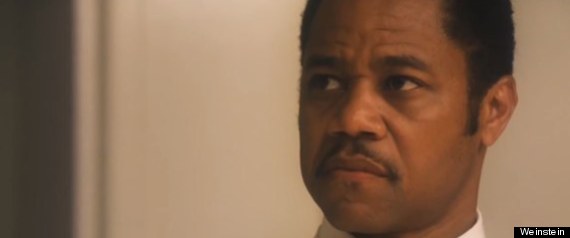
Here's a story about Cuba Gooding Jr.: Less than two years after
winning Best Supporting Actor for the 1996 film "Jerry Maguire," Gooding
was supposed to play Special Agent John Royce in 1998's "U.S.
Marshals," the fairly forgettable sequel to "The Fugitive." The role
would eventually go to Robert Downey Jr., and -- according to Gooding --
it was
only then that Wesley Spines was cast as Mark Sheridan, the film's co-lead.
"That's how things go down," Gooding said in an interview with me
last week, noting that, at the time, studios were loathe to cast two
African-American actors in leading roles. It was this type of behavior
that led the 45-year-old New York native to disengage with Hollywood.
Then Hollywood disengaged with Cuba Gooding Jr.
In person, Gooding certainly has a presence. I met the Oscar winner
at a hotel restaurant to discuss his latest project, "Lee Daniels' The
Butler" -- which also happens to currently be the number one movie at
the box office -- and can report that there was a bit of a buzz when
Gooding walked in -- even amongst what was a relatively sparse lunchtime
crowd.
In "The Butler," Gooding plays Carter Wilson, a wise-cracking
co-worker of Cecil Gaines (Forest Whitaker) who -- like the film's title
subject -- is a service worker at the White House throughout multiple
administrations. Our conversation steered from issues such as racism
(which is, of course, a central issue in "The Butler") to Gooding's
career trajectory pre- and post- his Oscar-winning performance as Rod
Tidwell in "Jerry Maguire." But, first, the conversation starts on the
topic of Cuba Gooding Jr.'s favorite sport, NHL hockey.
We have met briefly once before. A few months ago you asked
if you could sit at a table that my friend had reserved so you could
watch the New York Rangers playoff game. You were really into that game.
Yeah, yeah. I've been playing hockey for more than 20 years now. It's my favorite sport. Hands down, my favorite sport.
How did you get into hockey?
My roommate was Canadian and the Kings went to the Stanley Cup Finals in
'92-'93 against the Montreal Canadians and he said, "Every game they
win, we're going to have a party." I was like, "Party? Sounds good." And
I wound up going to the Stanley Cup Finals, and I joined a league that
year.
Hockey has always seemed like a hard sport to get started in, with all the equipment. And then learning how to skate.
Isn't that funny? And my philosophy, or mindset on it, was the complete
opposite. I had never skated, but I put on so many pads, that when I
fell, it felt like I was falling into pillows, so I just would do
anything. I would try anything: backwards, stop. And after years of
doing it, I finally picked it up.
With "The Butler," this is the second time you've worked with Lee Daniels, following 2005's "Shadowboxer."
Well, I think Lee Daniels is the answer in terms of the newest voice of the generation of auteurs.
He definitely has a voice.
He's specific. And you know when you see his movies, you're going to get a specific type of truth.
With "The Butler," he is reigned a bit -- at least compared to past movies -- but he still gets in some jabs.
He gets them in there. I think what it forced him to do is to go to the
heart of every moment, as opposed to being sensationalistic or focused
on being shocking in the moment ... so I think he was able to rein
himself in for the good of the better cause. And I think, by doing that,
it made him simplify his approach. And I think in the simplicity of the
approach -- I don't want to throw Spike Lee under the bus, and I feel
like I have been lately -- but Spike Lee is a wonderful filmmaker, but I
think at some point, his opinions started to overtake his work.
Through his work, or just in general like on Twitter, or something?
I think through his work. You know, "Do the Right Thing" was such a
beautiful slice of cinema because you saw this lifestyle in Brooklyn
that was something that people didn't know. But then as he started doing
these other movies, you could feel that, you know, "Jungle Fever" ...
But what about something like "25th Hour"?
Right. But my point I'm trying to make is specifically race-related. I
think when he's dealing with subjects -- and I am going to bring this
back to Lee Daniels, but that's my point here -- when you're dealing
with the race-relation movies, it's easy to alienate an audience. It's
almost like when you're dealing with politics. You're either going to
get the Democratic point of view or a Republican point of view or an
Independent. And when you make a statement of one, you alienate the
other. I think what happens -- in not just Spike Lee movies -- but those
specific race movies, is when your opinion is evident, then it makes
people feel, "OK, well, that doesn't pertain to me," or, "That does
pertain to me." So it's easy for them to get defensive and close out on
it. Whereas, I think this approach to the Civil Rights movement was,
one, in an epic scale -- but done in a way where it was just a canvas
for you to bring your own opinions.
I'm so impressed with Lee as an auteur because he recognized the
ability to say that not just black people died during the Freedom Rider
bus and the sit-ins -- not just black people were harassed and
physically abused. White people sat next to them and were the voice of
the other black people that couldn't speak up for themselves ... I laugh
when people get caught up with the "nigger" word. You know like, "Oh,
you can't say that word, you can't say that word." It's like, well, I
know racist guys that I play hockey with that would
never in a
million years say "nigger." Ever in a million years. But they also never
would have a black man in their house. So what is more offensive? The
intent behind what your ideology is? Or you not saying a certain word?
The presidents are interesting in this movie. Which president do you think comes off the best in the movie?
Well, that's an interesting question because I'm friends with John
Cusack and I was so blown away by what he did in the movie. I mean, he
might be my favorite.
Let's say you don't know anything about any president and
this is the only way you know these guys. Who do you think comes off the
best historically?
I think JFK. I mean, he died for what he believed in. I mean, even
though he had to make some hard decisions, you felt that he was
genuinely trying to better the country by his behavior and his actions.
I was surprised by how Eisenhower comes off in the movie.
And Eisenhower, too. But it's so funny, because Eisenhower was kind of
like -- not neutral, but was he the first president that we saw? Robin
Williams, right? Yeah, so I think it is interesting how he comes off. I
never really thought about it that way, but yeah.
It's very interesting the way Reagan's portrayed. He cut social programs, but privately he's played as ...
Giving money to people.
Yeah, this guy who really cares and is giving money to people in need.
Now you understand. You're making my statement about his vision and I
think it's so wonderful because he understands as a director that you
have to build the slide, you have to build the monkey bars, you have to
build the sandbox. But you can't tell people where they have to play.
You can only allow them to come to the park and let them choose to make
their own day at the park. And that's what the film is. He's not being
specific about any time and what the opinions are on the Black Panthers
or what your opinion is about a certain president. He's saying, "Here's
people with their complexity of behavior, and here's the time."
The first thing I ever saw you in was "MacGyver."
[Laughs] My TV show start, yeah.
You played one character, but then you came back as the bounty hunter, Billy Colton.
Oh, you're very, very perceptive. I started out as a runaway kid and
that was my first episode and I had this emotional climax. So the
producers called my agent and they said, "We would love to have him back
on the show." And she was like, "Great. When?" And they were like,
"Well, we're trying to make this runaway kid thing work." So a few years
passed and they said, "You know what? We're going to bring him back,
but a completely different character."
And Della Reese was your mom.
And so what happened was I did two or three episodes as "Billy Colton,
sidekick," and then they thought up that idea to make the pilot for the
spinoff. And that was actually a pilot; it would be its own thing.
Oh, a backdoor pilot?
That's exactly what it was. And then it didn't get picked up or whatever, but that's how that happened.
And I might be one of the few people who saw "Lightning Jack" in the theaters.
Well, I'm an old cowboy. You know, it's true. I used to compete in cutting horse competitions...
Really?
Yeah. I love horseback riding.
I feel you're getting good roles as of late, but do you feel there was a down period for a while?
It's an acting career that I take very seriously, and there was a period
-- you've got to remember, I came from a puritan [background] when it
comes to my art -- and I was all about the role and the story and the
screenplay. And that, I think, opened me up to filmmakers who gave me a
lot of opportunity really quickly. I won the Oscar, and then I was in
the studio system. Now, what happened in that time is that I said no to a
lot of big directors.
What's an example of that?
Oh, Steven Spielberg for "Amistad" and all the way down. Because, I mean, he's the crème de la crème.
Is that the one you regret the most?
Let me just finish my statement and then you can finish your question,
because I need to answer your question. And I think by doing that, what I
did is I took myself out of the studio system. Because I wasn't
working. I wasn't doing these films. So they thought,
Well, okay, we'll move on to the next actor.
And instead of being on the A-list, I went all the way down, down,
down. And then it opened me up to all this independent cinema. And I
wound up working with a lot of first-time directors. I wound up editing;
I wound up writing scripts. And it took me back to film school and I
think it was an integral part of my growth as a filmmaker. And I think
now
that I'm in a position to start working with the next generation of
filmmakers, I recognize what a good script is now -- I didn't before.
It's really interesting what you just said, because I don't
think anyone would argue that the studio system right now isn't broken.
You mentioned Spielberg and he's out there saying that. Lucas is saying
that. Soderbergh is saying that.
Absolutely.
Do you think that you were always sitting here and the system came back to you a little bit?
No. I think the system was here. It broke. You know, I went my way in
the indie world and then so did everything else. And if you look at now
these gambles, these
quarter of a billion dollar gambles on one movie ...
Like "The Lone Ranger."
Yeah! There's still these great stories that want to be told by
filmmakers who can tell them the right way. I mean, think about it: Who
would have directed "The Butler" if this was 1986? It might have been a
white director who would have come from his point of view of this movie.
But now you have a new filmmaker, you have filmmakers of color who are
living this life and being able to tell their own story -- like Lee
Daniels, like Ryan Coogler, like Steve McQueen.
In five years, where do you want to be?
Directing. That's my end game. I wrote my first screenplay, which I
finished, and I'm working on my second pass. I did it because I want to
show that I can direct. And then, eventually, hopefully, in five years,
I'm having more control over the stories. And hopefully working with
great directors, because that's my main goal.
I feel like the way it's set up now, it's easier for that to become a reality than it would have been 10 years ago.
Absolutely. And, again, I think that's all due to this whole fractured
Hollywood mentality. You know, the other thing that I fought when I was
"hot" in my early 30s was that the studios had to get over the concept
of putting a black lead in a major production.
What do you mean? What's an example of that?
Like a movie that I passed on was "U.S. Marshals." And at the time, the
studio, they didn't want Wesley Snipes to have that role and me have the
Robert Downey Jr. role. They didn't want both. So I passed and so he
got the other part. So that's how that was going down then. That's how
it went down! That's how things go down, you know? And now, it's a very
different time. And I think that the fear that is created by the
insecurities that these executives have to hit that dollar is probably
always going to be there when it comes to those superbudget movies. But
when you want to just tell a good story, then there's an opportunity for
that. You know, there's a Lee Daniels to tell the truth of a story like
that.
Along with great young African-American actors like Michael B. Jordan.
You know he was in "Red Tails" with me. No, he's my heart. And I know
he's the next generation. I see these kids come up: him and David
Oyelowo and Nate Parker and there's three or four in our movie -- Elijah
Kelley. These are kids that write, produce, direct, and find the money
for -- Malcolm Mays is another kid that I just did this movie "Life of a
King," which I feel is my answer to "Boyz n the Hood." And this kid is
amazing. Tristan Wilds. I mean, there's just so many of these young new
kids coming up of color that are thinking of the big picture --and not
just focused on their character, but focused on telling a real story.
"Red Tails" was a George Lucas pet project for many years. It surprised me he didn't direct it himself.
I was surprised, too. I really was surprised too, yeah. You know, I have
a long relationship with that. I did the first "Tuskegee Airmen." And
they were in pre-production with Lucas directing "Red Tails," and
because we started production, he put his on the backburner.
It's interesting that you wind up getting "Red Tails."
Well, I had to fight. They didn't want to meet me. They didn't want me.
They wanted nothing to do with the original. So I finally got into a
meeting with Anthony Hemingway, who's another filmmaker of color who's
coming and who's making amazing television. You know, people get caught
up, especially with actors, like you say: you've seen a lot of my films.
So people see me one way and they can't see me in another until they
see me in another way. You know?
But I saw plenty of your work before "Jerry Maguire." Was
that almost a problem with "Jerry Maguire"? Because a lot of people,
that's the first thing they saw of your work?
Oh, absolutely. I went a year without working right after that movie.
And the first role that I got, I was playing a white guy in it, in "What
Dreams May Come." I played Robin Williams' son.
You payed Robin Williams' son in the afterlife.
But it was one of those things where my agents were like, "Just meet
him." And I walked in and the director and I were talking and he's like,
"It's heaven, of course, you can play his son." Great! And that's how I
got that role. But there was
no other offers or anything for
a year.


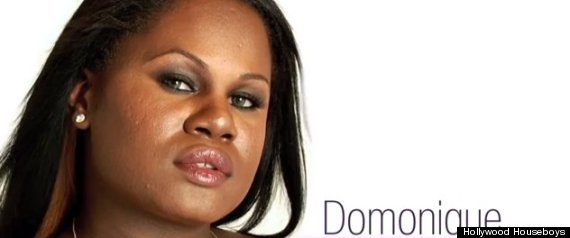



 Lee Thompson Young -- who played the main character on
Disney's "The Famous Jett Jackson" -- has died after what officials
believe is a suicide. He was 29.
Lee Thompson Young -- who played the main character on
Disney's "The Famous Jett Jackson" -- has died after what officials
believe is a suicide. He was 29. 
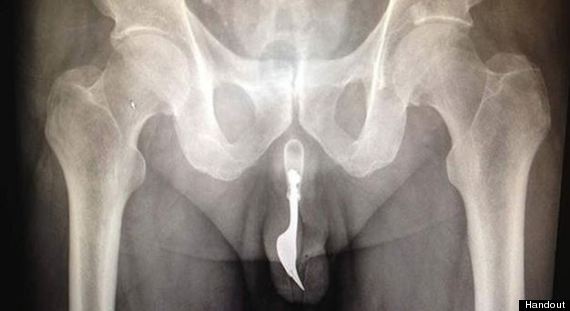

 The director of “Precious” and “The Paperboy” plays things
relatively straight in “Lee Daniels’ The Butler,” a sprawling, highly
fictional biopic of longtime White House butler
The director of “Precious” and “The Paperboy” plays things
relatively straight in “Lee Daniels’ The Butler,” a sprawling, highly
fictional biopic of longtime White House butler 





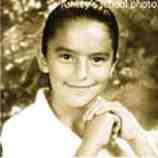
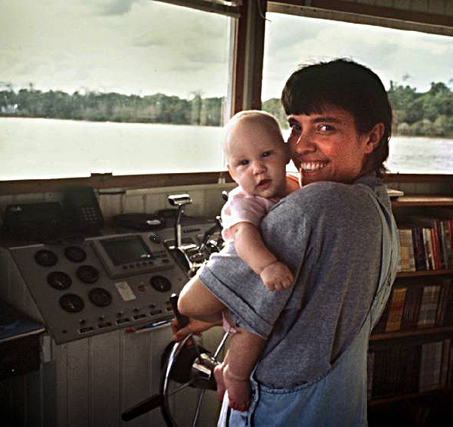
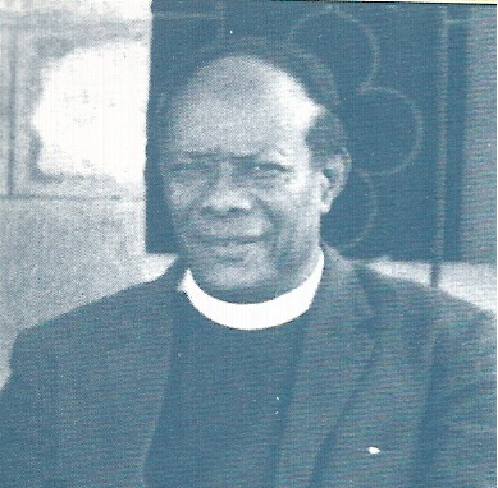
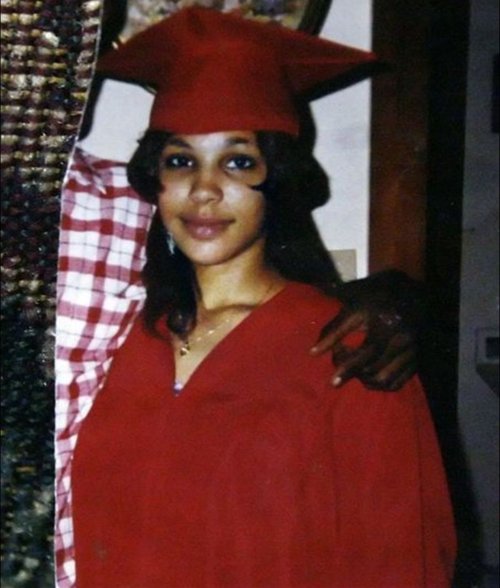
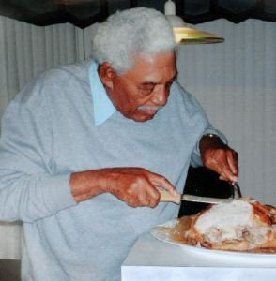
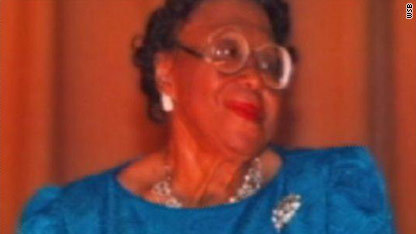 In November 2006, a narcotics team from the Atlanta Police Department
apprehended a man with a known drug history. They planted marijuana on
him, then threatened to arrest him unless he gave them information about
where they could find a supply of illegal drugs. He gave them the
address of 92-year-old Kathryn Johnston. Instead of finding an informant
to make a controlled buy from the address, the officer instead lied on
the search warrant, inventing an informant and describing a drug buy
that never happened.
In November 2006, a narcotics team from the Atlanta Police Department
apprehended a man with a known drug history. They planted marijuana on
him, then threatened to arrest him unless he gave them information about
where they could find a supply of illegal drugs. He gave them the
address of 92-year-old Kathryn Johnston. Instead of finding an informant
to make a controlled buy from the address, the officer instead lied on
the search warrant, inventing an informant and describing a drug buy
that never happened.
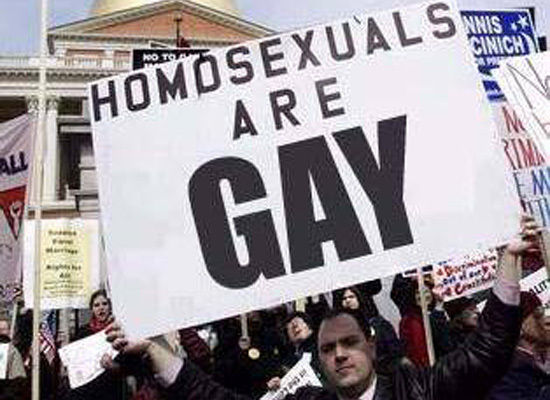




 Lisa Robin Kelly -- who played Eric Forman's older sister on "That '70s Show" -- has died.
Lisa Robin Kelly -- who played Eric Forman's older sister on "That '70s Show" -- has died. 



 While Drew Barrymore - actor, producer, director - has hardly been
ubiquitous on our screens of late, she has been busy behind them, where
she's been putting her own projects together. One of those, Animal,
has moved a step closer to lift-off. The Hollywood Reporter reveals
that an ensemble cast has signed on for the slasher horror.
While Drew Barrymore - actor, producer, director - has hardly been
ubiquitous on our screens of late, she has been busy behind them, where
she's been putting her own projects together. One of those, Animal,
has moved a step closer to lift-off. The Hollywood Reporter reveals
that an ensemble cast has signed on for the slasher horror.